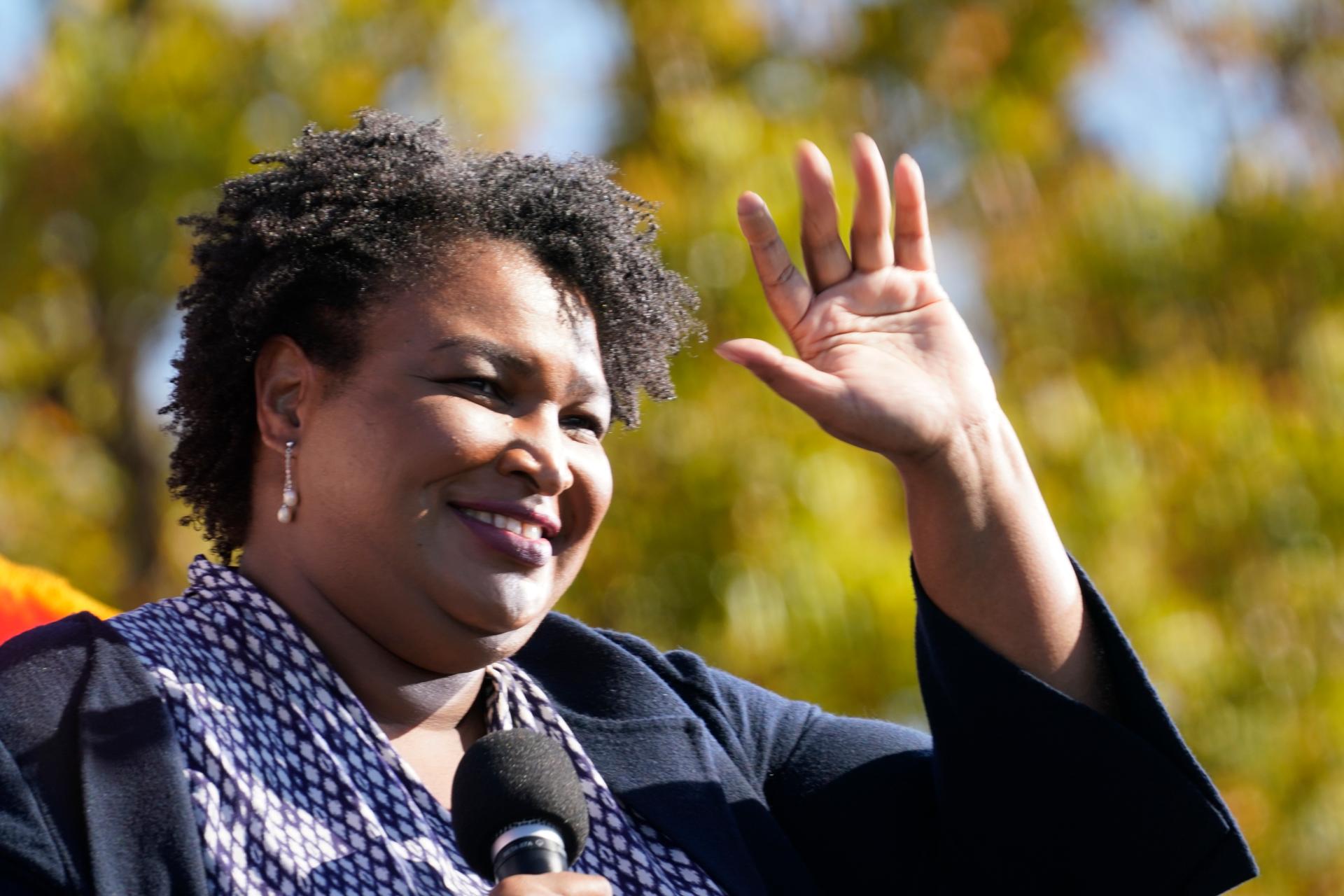In Georgia, Democrats pulled off victories in runoff elections for both Senate seats and gained control of the chamber, thanks in part to Georgia’s environmental voters, who are more likely to be people of color, young, and live in urban centers.
Nathaniel Stinnett, founder of the Environmental Voter Project, says data from early voting in Georgia showed these environmental voters outpaced participation by the general electorate.
“We know that environmentalists really, really punched above their weight. … [W]e know that, before election day even arrived, 51% of them had cast early ballots, as opposed to only 40% of all registered voters [that] voted early in Georgia.”
“We know that environmentalists really, really punched above their weight,” Stinnett says. “When we look at these environmentalists whom we identified at the Environmental Voter Project, we know that, before election day even arrived, 51% of them had cast early ballots, as opposed to only 40% of all registered voters [that] voted early in Georgia. So, before election day even arrived, the environmental movement was outpacing all registered voters in Georgia by 11 percentage points. And that was because there was historic Black turnout.”
The final tallies will likely show that more Black voters voted in the runoff than voted in the presidential election, Stinnett notes. College-educated youth also turned out in huge numbers. “Those two groups? That’s what the environmental movement looks like in Georgia and they turned out big time in this runoff,” Stinnett says.
Related: How grassroots groups are getting Latinos to the polls in Georgia
The Environmental Voter Project targeted 382,000 unlikely-to-vote environmentalists in Georgia, Stinnett explains. Thirty percent of them, 115,000, voted early: “6,700 of these unlikely-to-vote environmentalists, who we know voted early, didn’t even vote in the presidential election,” Stinnett notes. “Nobody skips a presidential election and then votes in a runoff. This is completely unprecedented. And we saw almost 7,000 environmentalists do that in Georgia.”
“The entire environmental movement did a great job and Black churches did a great job and youth organizations did a great job. I mean, this was historic environmental turnout.”
“To reiterate: These people weren’t supposed to vote at all,” he continues. “They were unlikely voters, which means they had either never voted before, or they had only voted in presidential elections before. To have 30% of them vote early, that is truly extraordinary, and it’s not just because we at the Environmental Voter Project do a good job. The entire environmental movement did a great job and Black churches did a great job and youth organizations did a great job. I mean, this was historic environmental turnout.”
Some Democratic political analysts say that Joe Biden owes his path to the White House to Black people — Jim Clyburn supporting him in South Carolina; Stacey Abrams and others in Georgia. One question on their minds is what does Biden need to do to maintain the support of these voters.
“[W]e really need to think of this on two axes: How do you get people from a certain community to really like you a lot? But also, how do you get the disengaged members of that community to engage?”
Stinnett believes “we really need to think of this on two axes: How do you get people from a certain community to really like you a lot? But also, how do you get the disengaged members of that community to engage? Joe Biden has a significant level of support from the Black community, but it is never going to be enough unless he also makes sure that ones who have been previously disengaged from politics remain engaged. And for that he needs to lead in an aggressive and powerful way on environmental justice issues.”
Related: ‘Georgia, all eyes are on you’: Activists galvanize Latino voters ahead of runoffs
Stinnett says his project’s data suggest that Black and Latino concern for the environment isn’t some kind of “fluke.”
“They care about it because coal-fired power plants aren’t put in lily-white suburbs. They’re put in communities of color,” he points out. “And environmental injustice is the main, driving reason why the environmental movement looks the way it does. … “[I]t would be politically smart for [Biden] to lead on environmental justice issues and make sure to get cleaner air and cleaner water and climate resilience in communities of color and our big urban centers.”
This article is based on an interview with Steve Curwood that aired on Living on Earth from PRX.
